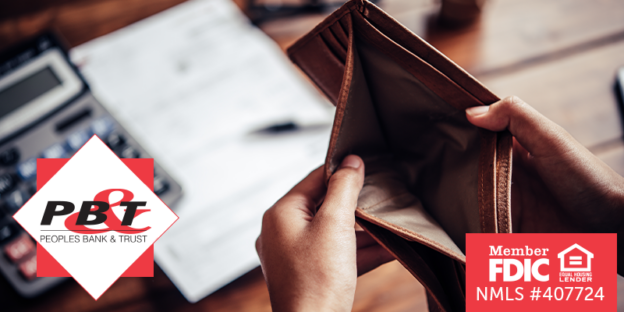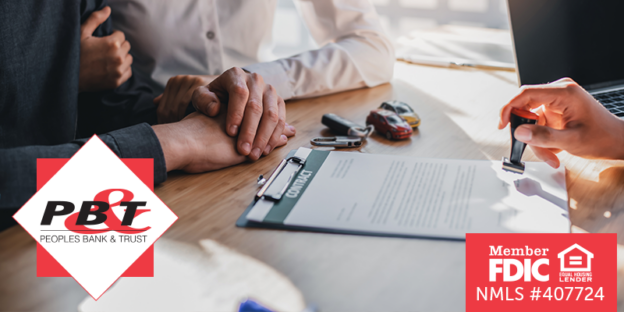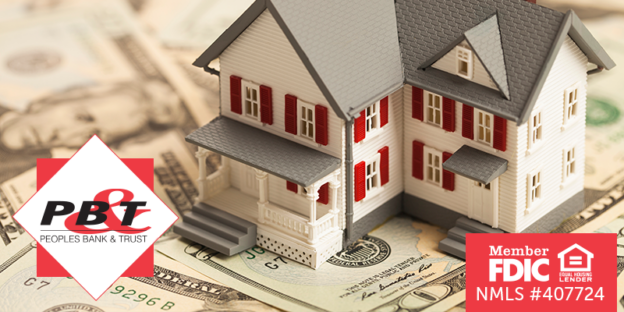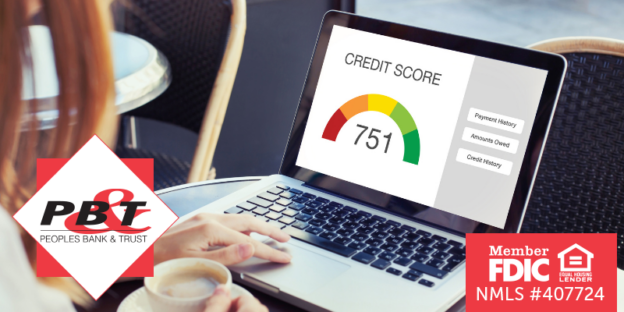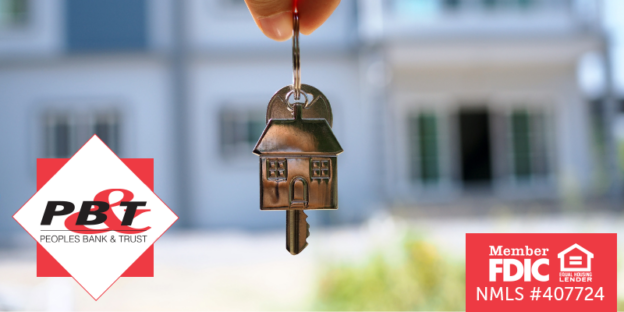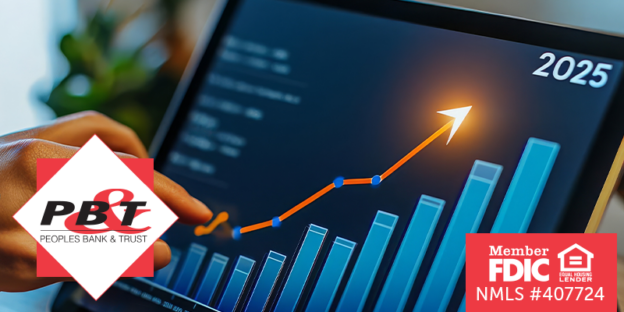We’ve all heard the saying, “Save for a rainy day.” But what if that “rainy day” is an unexpected car repair, a medical bill, or even a job loss? That’s where an emergency fund comes in. While a savings account helps you work toward your financial goals, your emergency fund is there to protect you when life throws the unexpected your way.
So, what’s the difference between the two, and how do you know how much to put in each? Let’s break it down in a way that makes sense — without all the confusing financial jargon.
Emergency Fund vs. Savings Account: The Quick Breakdown
- Emergency Fund = Your financial safety net. This money is reserved for unexpected expenses, like car repairs, medical bills, or sudden job loss. You should be able to access it quickly when needed.
- Savings Account = Your financial goals fund. This is where you set aside money for planned expenses like a vacation, a down payment on a house, or holiday shopping. You can leave the money here to grow over time while working toward a goal.
While they’re both technically “savings,” they serve very different purposes.
What Is an Emergency Fund?
An emergency fund is exactly what it sounds like: a stash of money set aside for true emergencies. These are unexpected financial hits that you can’t plan for, like:
- Major car repairs
- Medical emergencies
- Sudden job loss
- Urgent home repairs (like a broken furnace in the middle of winter!)
The key to an emergency fund is that it should be easily accessible — meaning it shouldn’t be locked away in an investment account where you’d face penalties for withdrawing it. A high-yield savings account or a basic savings account with quick access is usually the best place to keep it.
How Much Should You Save? Financial experts recommend keeping at least three to six months’ worth of essential expenses in your emergency fund. If that sounds overwhelming, start small! Even having $500 to $1,000 can make a huge difference in an emergency.
What Is a Savings Account?
A regular savings account is where you keep money for planned expenses or future goals. Unlike an emergency fund, this money isn’t meant for sudden, unexpected bills — it’s for things you know you’ll need or want in the future.
Some common savings goals include:
- Vacation fund
- Down payment for a house
- Holiday shopping
- College tuition
- New car
Savings accounts help you stay on track with your goals by keeping money separate from your everyday spending account.
How Much Should You Save? That depends on your goal! If you’re saving for a vacation, set a clear target (like $2,000) and work toward it. For long-term goals, like a house or retirement, it may take years — but every little bit counts!
Key Differences Between an Emergency Fund and a Savings Account
| Feature | Emergency Fund | Savings Account |
| Purpose | Covers unexpected expenses (car repairs, medical bills, job loss) | Helps you save for planned purchases and financial goals |
| Access | Should be easily accessible in a savings or money market account | Can be in a standard savings account, CDs, or even investments |
| Amount to Save | 3–6 months’ worth of expenses (start with $500–$1,000) | Depends on your savings goal |
| When to Use It | ONLY for emergencies | For vacations, home down payments, big purchases, etc. |
Why You Need Both
Having both an emergency fund and a savings account ensures that you’re financially prepared for anything. Without an emergency fund, you might end up pulling from your savings when unexpected costs arise, setting you back on your goals.
Example: You’ve been saving for a vacation, but then your car breaks down. Without an emergency fund, you’d have to dip into your vacation savings, delaying your trip. But with an emergency fund, you can handle the repair without touching your vacation money.
How to Start Building Both
Not sure where to begin? Here are a few easy steps:
- Set Up Separate Accounts – Keep your emergency fund and savings account separate so you’re not tempted to spend your emergency money on non-essentials.
- Automate Your Savings – Set up automatic transfers from your checking account to both funds each month — whatever amount you can afford.
- Start Small, Then Grow – If saving three months’ worth of expenses feels impossible, start with $500 in your emergency fund and build from there.
- Prioritize Your Emergency Fund First – Before focusing on long-term savings, make sure you have a solid emergency cushion.
Final Thoughts
Think of your emergency fund as your financial safety net and your savings account as your future goals fund. By keeping them separate and contributing to both, you’ll be prepared for life’s surprises while still working toward your dreams.
If you’re ready to start saving, Peoples Bank & Trust offers savings accounts that make it easy to build your financial future. Stop by a branch or give us a call today to open an account and start taking control of your money!
Peoples Bank & Trust Co.
Member FDIC, Equal Housing Lender
NMLS #407724





